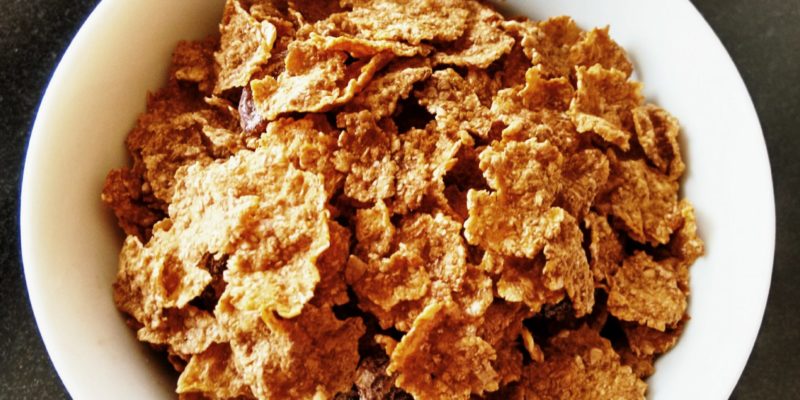Sticking to a gluten-free diet is difficult, if not impossible, even given the thousands of new products expunged of the problem protein. Many people with celiac disease and many others not diagnosed with the autoimmune disorder cannot process wheat (gliadin—part of the gluten), or rye (secalin) or barley (hordein), leading to small bowel damage.
The main causes of celiac disease are:
- Genetic susceptibility
- Environmental trigger
- Gut permeability
Is there any other way to tame it down? Researchers discuss other ideas in Emerging therapeutic options for celiac disease: potential alternatives to a gluten-free diet in Gastroenterology & Hepatology journal.
- Engineering grains
- Development of a vaccine
- Decreasing intestinal permeability
- Degrading gliadin with a combination of probiotics and enzymes
Earlier research from Finland in 2008 demonstrated that Bifidobacterium lactis counteracted some of the harmful effects of gliadin on permeability as well as protected the tight junctions of cells where gliadin does harm. Probiotics such as Bifidobacterium lactis may be helpful in mucosal recovery or for patients who are not responding to a gluten-free diet or for protection when gluten is ingested unknowingly.
Actual breakdown of the harmful agent may be another novel option. Hopeful results are being seen where proteases were able to degrade gluten to non-toxic fragments.
Even if the damage is done, probiotics may be a crucial dressing: mucosal healing is speeded along according to some research.
At this point in discovery, a variety of strains is indicated. Enjoying your whole wheat bread without bloat is worth the effort.

